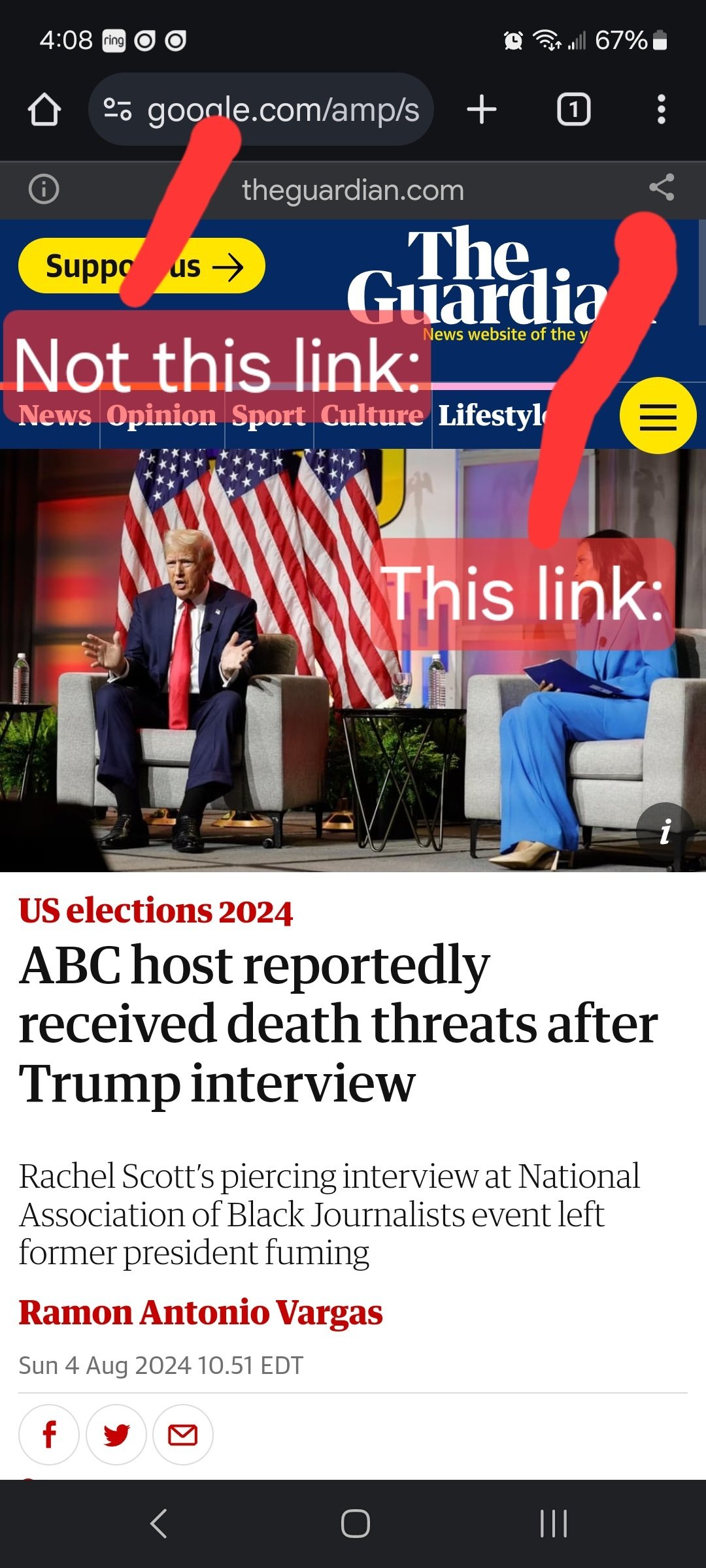politics
Welcome to the discussion of US Politics!
Rules:
- Post only links to articles, Title must fairly describe link contents. If your title differs from the site’s, it should only be to add context or be more descriptive. Do not post entire articles in the body or in the comments.
Links must be to the original source, not an aggregator like Google Amp, MSN, or Yahoo.
Example:

- Articles must be relevant to politics. Links must be to quality and original content. Articles should be worth reading. Clickbait, stub articles, and rehosted or stolen content are not allowed. Check your source for Reliability and Bias here.
- Be civil, No violations of TOS. It’s OK to say the subject of an article is behaving like a (pejorative, pejorative). It’s NOT OK to say another USER is (pejorative). Strong language is fine, just not directed at other members. Engage in good-faith and with respect! This includes accusing another user of being a bot or paid actor. Trolling is uncivil and is grounds for removal and/or a community ban.
- No memes, trolling, or low-effort comments. Reposts, misinformation, off-topic, trolling, or offensive. Similarly, if you see posts along these lines, do not engage. Report them, block them, and live a happier life than they do. We see too many slapfights that boil down to "Mom! He's bugging me!" and "I'm not touching you!" Going forward, slapfights will result in removed comments and temp bans to cool off.
- Vote based on comment quality, not agreement. This community aims to foster discussion; please reward people for putting effort into articulating their viewpoint, even if you disagree with it.
- No hate speech, slurs, celebrating death, advocating violence, or abusive language. This will result in a ban. Usernames containing racist, or inappropriate slurs will be banned without warning
We ask that the users report any comment or post that violate the rules, to use critical thinking when reading, posting or commenting. Users that post off-topic spam, advocate violence, have multiple comments or posts removed, weaponize reports or violate the code of conduct will be banned.
All posts and comments will be reviewed on a case-by-case basis. This means that some content that violates the rules may be allowed, while other content that does not violate the rules may be removed. The moderators retain the right to remove any content and ban users.
That's all the rules!
Civic Links
• Congressional Awards Program
• Library of Congress Legislative Resources
• U.S. House of Representatives
Partnered Communities:
• News
view the rest of the comments
Am I taking crazy pills? Why is some arbitrary reading of history the sole mechanism by which these opinions are being made? What happened to the textual literalism these justices claimed to follow? Doesn't that require reading the words in the Constitution and making judgements from that?
Why is the arbitrary choice of legislative implementation of the state governments of the 1800s determining what laws states are allowed to have in the 2000s? If they passed a law that was unconstitutional, but no one challenged it for 200 years, then it's suddenly not only constitutional, but now a metric against which new laws can be judged to determine if they are constitutional? How is that anything but laws "trapped in amber"?
Did I miss the slow court transition to this singular decision-making process? Or was this a sudden shift that I just missed the headlines? I knew they used suspicious historical reasoning in Dobbs to throw out abortion rights, but do they do that for every case now?
It's Calvinball. They change how they are making the rules to weed out what they don't like. Don't like Roe? Throw out the 9th amendment. Don't like firearm restrictions? Rewrite how we are supposed to interpret the grammar of the constitution. Don't like other rules? Make up that it has to apply to "history and tradition". It's ruling on top of ruling that are impossible to universally apply meaning they get to remain with all of the power to strike down what they don't like.